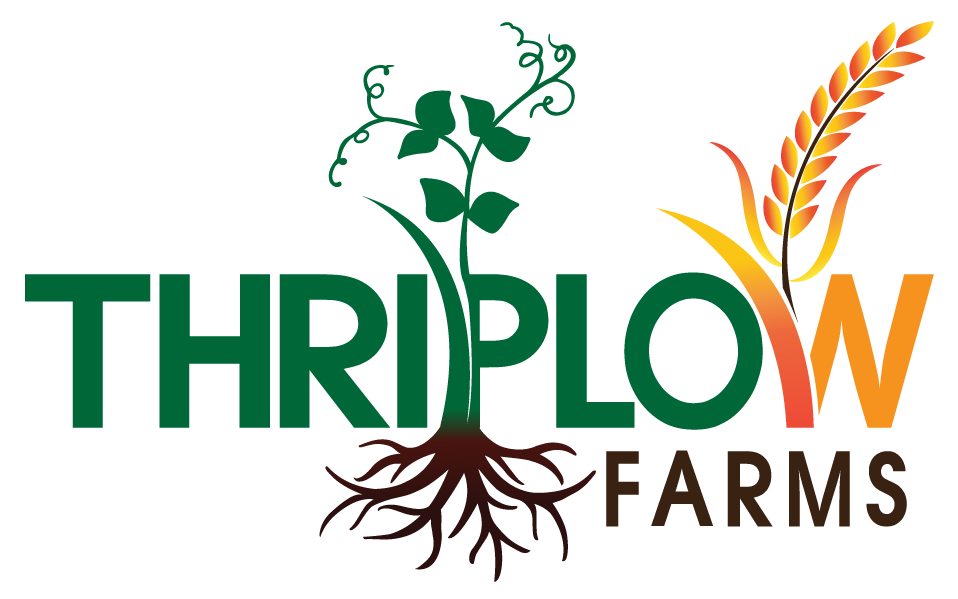WTFIH @ Thriplow Farms, December/January 2018
Autumn drilling has gone well, with rain at just the right times to keep the seedbeds nice and moist, but not too sticky. At the start of November we lifted our first field of sugar beet, next to Fowlmere. This crop has looked poor all year, and although we don’t yet know the yield, the pile of beet in the field looks worryingly small. A small consolation has come from the fact it was harvested in relatively dry conditions, which limits the damage caused by the huge, 60 tonne, harvesters. Within 24 hours of the field being cleared, we had it drilled with wheat, which turned out to be excellent timing, as there was an unexpected deluge over the weekend which followed - one which would have prevented any work on the field for at least a week. We now have one more field of beet to harvest, and re-plant with barley, and that will be most of the work done for 2018. So instead of waffling about the farm does over winter, I thought I would publish an abridged version of an article I wrote last month instead:The hot topic this month seems to be whether, after Brexit, we should allow imports of food made using techniques that are outlawed for UK producers. Several months ago that centred on hormone fed beef, and chlorinated chickens. More recently, perhaps due to farmers thinking about flea beetles and aphids, we are talking about neonicotinoid seed dressings, which have been banned in the EU.So now, when we think how we would like UK agriculture to look in a few years, the very obvious point has been made that having decided that neonicotinoids are not safe for use here, isn’t it morally wrong to import food from other countries that is produced using them? The logic is so strong that even the RSPB and NFU are singing from the same song sheet. Even more bizarrely, I too agree with both of them, and would strongly support imports to be required to meet our own standards. There’s really just one problem with the whole thing though:It’s never, ever going to happen.How can I say this with such certainty? Easy - just look at any one of a thousand examples of asymmetrical regulations to be found happening right this second. How about labour laws? It’s not difficult to find cheap clothes on the high street, and why are they cheap - because they are made by kids in the far east, something that would never be permitted here. It’s not just poor countries though, look at anything imported from the US. They have zero days mandatory annual leave, and zero days maternity leave - neither of which is legal in the UK. OK, I can hear you thinking - but isn’t that different to polluting the environment, as neonicotinoids are supposed to do? Anyone who owns a smartphone can’t really complain about this; they full of rare earth minerals that are often mined with terrible pollution effects. Just Google ‘yttrium mining pollution” and see what comes up. Perhaps most damning of all, is that we already import thousands of tonnes of food produced with pesticides that we are not allowed to use - paraquat or any number of different GMOs would be good examples. Somewhat amusingly, many of the farmers who voted a few years back to leave a huge trading bloc with aligned standards are the same ones who now complain that we may have deal with countries using different standards. What a shock!At the end of the day we don’t really need to look abroad, or on the internet, we need to look at our own lives: I’ve just written the above on an American computer, made in China. The clothes I’m wearing come from God-knows-where, but certainly not the UK. My car is German, and my supper will be Japanese. With the possible exception of the last point, I’m no different to so many farmers in the UK. Wouldn’t it be great if we could have this choice, whilst compelling everyone else in the country to buy our produce (or something else made to the same standards), and to probably pay a premium for it? Too right it would! But can we do that without being massive hypocrites? I’m not so sure.
